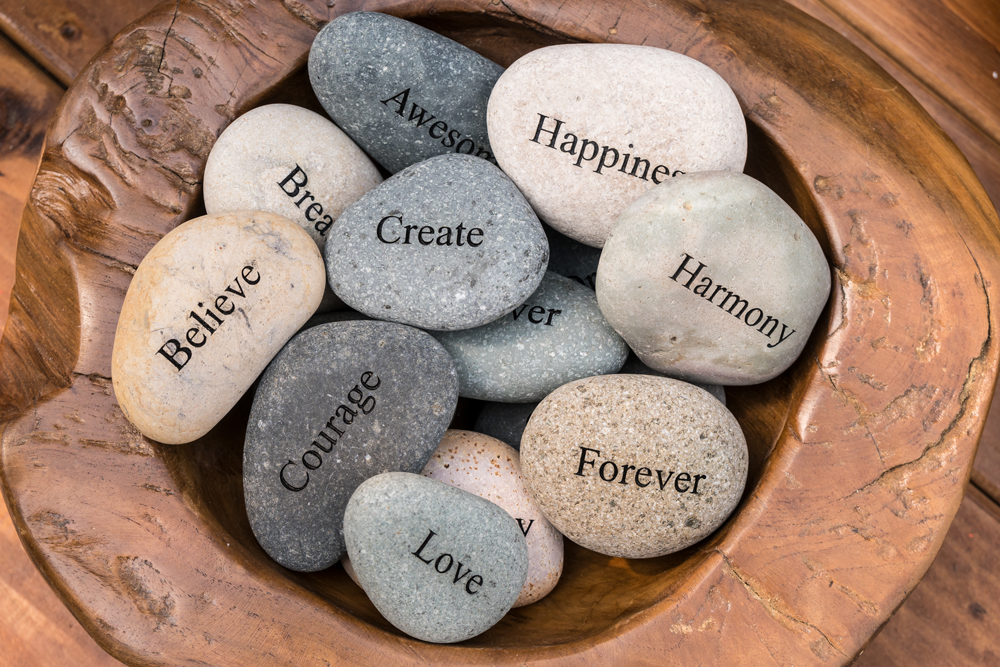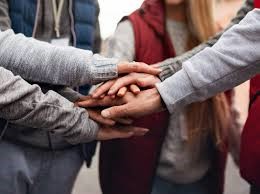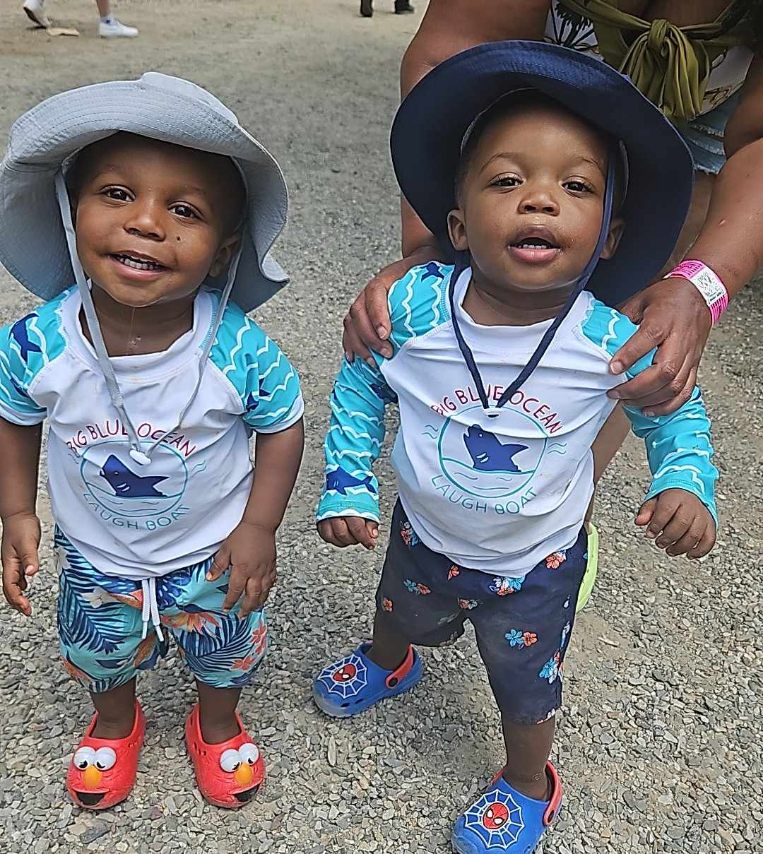
Recovery Month Reflection
As recovery month comes to a close, I am heartened reflecting back on stone ceremonies of women past who have moved through CGE’s Long-Term Residential Mommy & Me program.
A stone ceremony is a tradition that CGE has established to honor a mother’s time in our care. Each stone has a different message: Heal; Serenity; Love; Let go; Breathe; Wisdom; Inspire; Pray; Imagine; Pause; Faith; Relax; Trust. This tangible transitional object is symbolic, carrying within it the teachings, love and lessons one experienced through her time in care with us. She gets to carry it into her future to remember where she came from, what she learned, and how that foundation can only help her grow more.
I am reminded, too, of how the wheels of life continue to turn, as another newcomer enters the program. During a room check, it was noticed that her calendar on the wall had been marked up a bit. Upon closer look we saw, “3 days clean,” “4 days clean,” “5 days clean.” Today is day 88. Her daughter was born while she was in our program and due to her ability to sustain her sobriety, her child was not removed from her care at the hospital by the Department of Child Protection & Permanency (DCP&P). The baby came home to mom at CGE. Mom has the cutest nickname for her baby. They are learning about one another in very special ways.
There are unique challenges a pregnant woman in active addiction faces when she tries to get help. Not being able to get onto maintenance medication, such as methadone, because she doesn’t have photo ID is but one of them.
Getting to the DMV is a very difficult task when transportation is a barrier and then providing the correct points of identification seems almost impossible when one is homeless and has lost everything. Sitting on hold with the Office of Vital Statistics, when the minutes on your phone are low, becomes less of a priority, because there are just so many steps involved, and no help, it seems. And the situation is stressful and relies on one’s internal capacity to regulate emotions in a way that does not result in the cursing at the person on the other end of the line in sheer desperation.
And, so, use continues; her belly grows, desperate for change, and the only looks she gets are those of judgment and disgust.
No one checks in to ask: “Hey, do you need help?” Oftentimes, the woman’s partner is not involved; if they are, it may not be the healthiest relationship. If she wanted to attend a recovery meeting, it is not something she often has the luxury of doing, while trying to work as many hours as possible to financially support her family, and perhaps tend to other children.
Then there is the legal involvement. She is keenly aware of the looming reality that her child(ren) could be removed from her care. A mother in recovery faces many stressors. Keeping all those balls in the air can be exhausting.
This month, we are reminded that regardless of the affliction, there is connection and therefore space for hope and healing.
In a 2020 interview, Dr. Nora Volkow, Director of the National Institute on Drug Abuse (NIDA) at the National Institutes of Health, discussed the importance of connection. She noted, “We are social creatures, we are human beings, and we depend on social support … for a sense of wellbeing. And this is also the case for individuals that are fighting drugs or are on recovery. The social supports are fundamental for providing a structure that will increase the likelihood that they will succeed.”
Dr. Volkow adds, we “need to be proactive and make that person feel comfortable. Being able to create that sense of trust in the person that is suffering from addiction so that they can seek out the help, is also very important.”
At The Center for Great Expectations we work to build connections with our clients. To build relationships. It starts by us asking, “What happened to you?” instead of, “What’s wrong with you?
We all suffer. We’ve all experienced that moment where we looked for a strong shoulder for some support. Hoped for understanding instead of judgement and stern looks.
To offer that to someone is a wonderful gift. A gift we should all be willing to give to anyone — especially someone with an addiction.
Resources:
https://www.samhsa.gov/recovery-month
https://nida.nih.gov/videos/coping-covid-19-substance-use-disorder-sud


